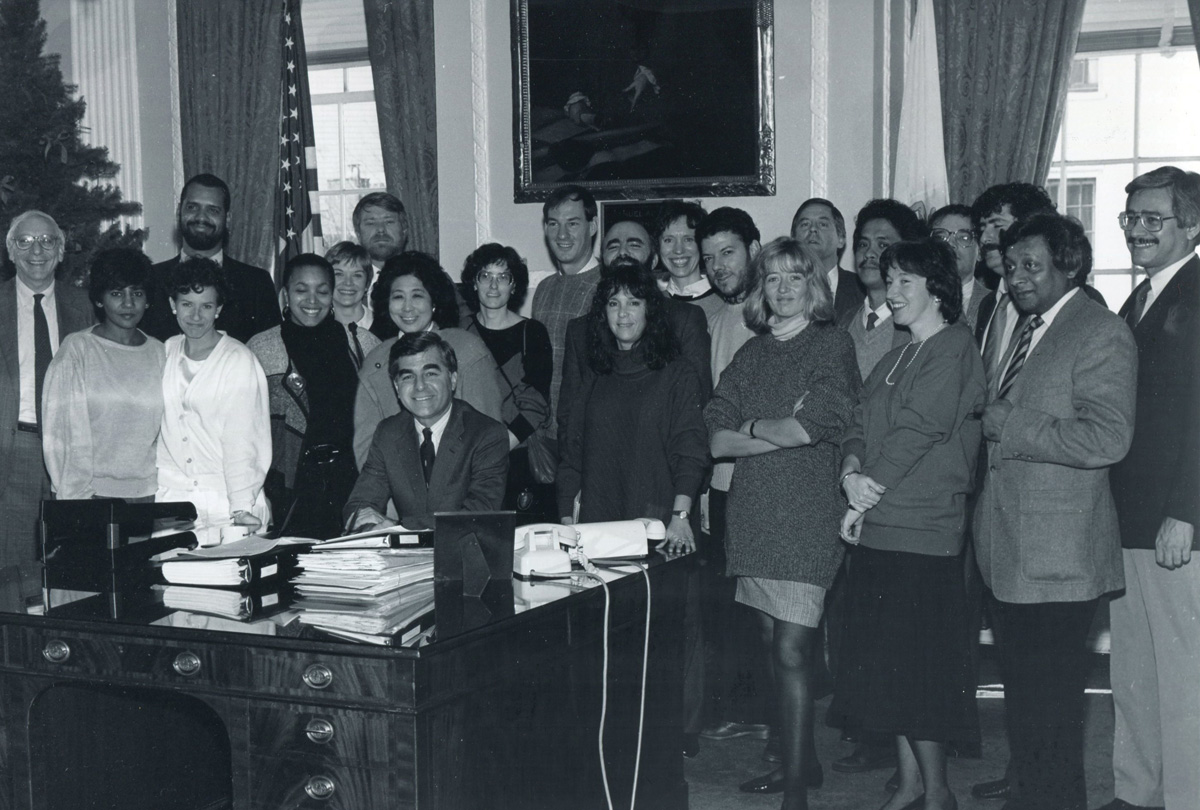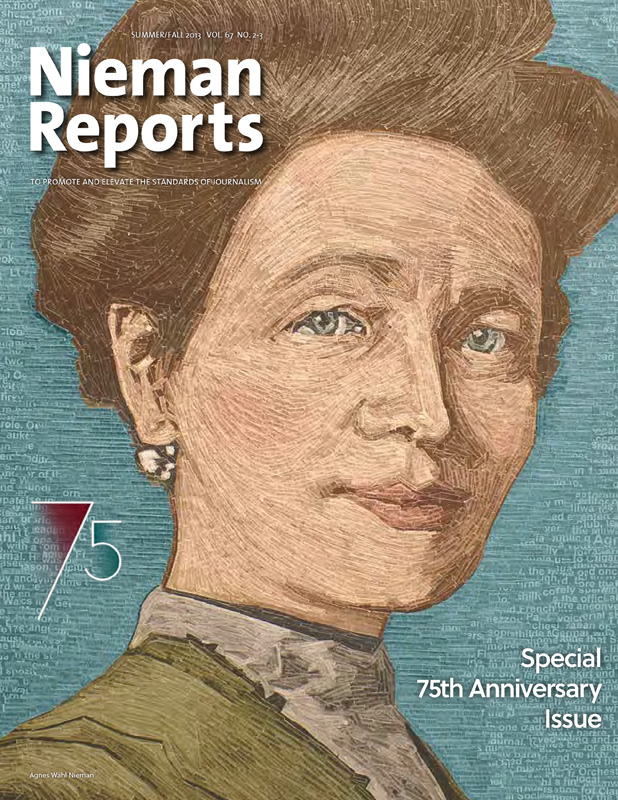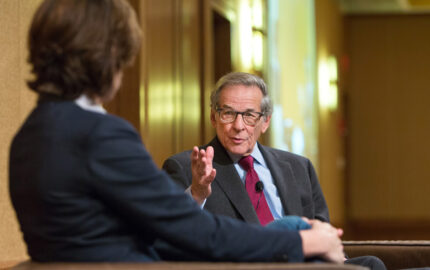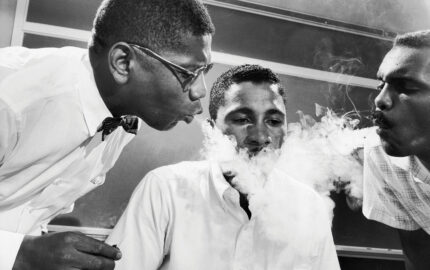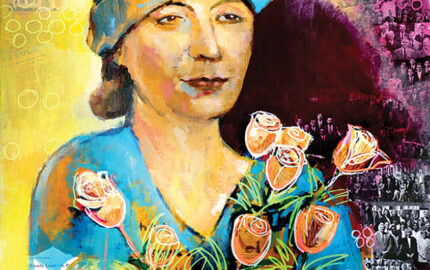One of Weingarten’s two Pulitzers for feature writing was for a story about parents who accidentally kill their children by forgetting them in cars. He writes a syndicated humor column for The Washington Post
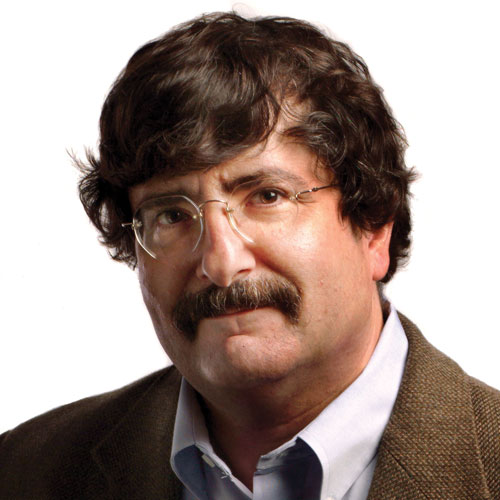
During the 1987–1988 year, Nieman curator Howard Simons took all of us Fellows to meet a man who was running for president. Michael Dukakis, then governor of Massachusetts, invited us into his office and graciously answered our questions for the better part of an hour.
He was, in a word, magnificent: personable, articulate, never at a loss for an answer. This was still early in the campaign, but his grasp of the issues was encyclopedic. He consulted no notes, but quoted facts and figures effortlessly. When Nieman Fellow Frank del Olmo, a Mexican-American, asked a question about Latino affairs, the governor answered him in flawless Spanish.
After the interview, as we were walking away from the governor’s office, Howard asked all of us what we thought of the man. Being asked a question by Howard was always a little intimidating, because Howard always seemed like the oldest and wisest person in the room. He would have given this impression if the other people in the room were Nelson Mandela, Ruth Bader Ginsburg, and Confucius. Howard tended to analyze situations quickly and succinctly, nimbly cutting through crap to get to basic truths. So usually, when Howard asked a question, we would gather our thoughts carefully before answering. But in this case, most of us were quite instantly voluble.
Dukakis was terrific, we said. Impressive. Commanding. Presidential. We were falling all over each other to find adequate superlatives. Howard heard us all out, then shook his head and said: “Won’t win. No sense of humor.”
He was, as always, right. Dukakis’s campaign became a sad pratfall, largely because the candidate showed himself lacking juice and the sort of inner joy and playfulness that accompanies a formidable sense of humor. These things go hand in hand.
Weingarten's narrative journalism is featured on Nieman Storyboard This had created, spontaneously, something that would later become a 1990s cliché: “a teachable moment.” It seemed to embody the nature of the Nieman experience, which offered us not just an opportunity to experience new things, but to then blink, stare at a wall, take a sip of surprisingly good white wine, and try to figure out what it all really amounted to.
